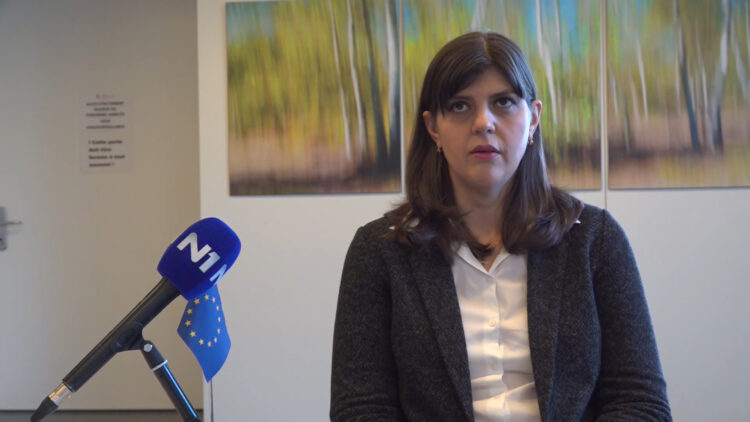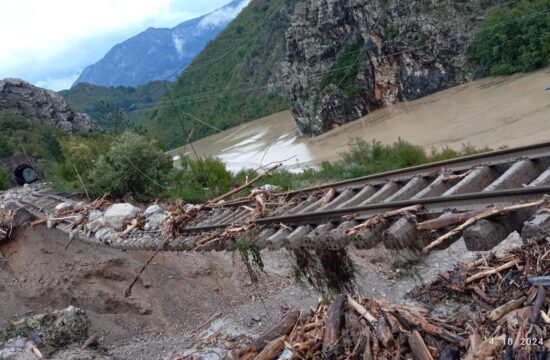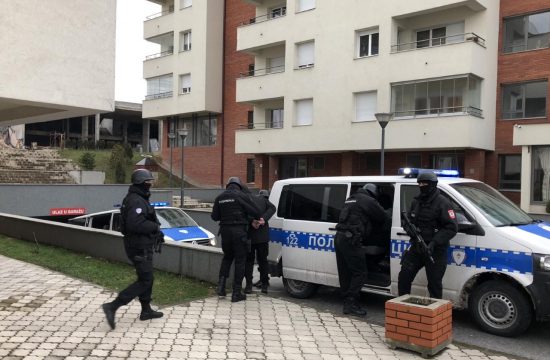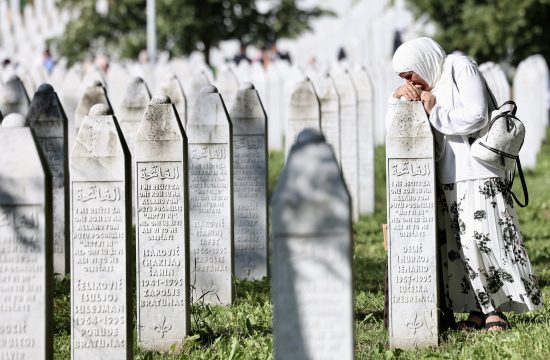
The first European Public Prosecutor Laura Kövesi told N1 her job would be to investigate all those crimes related to fraud, especially financial fraud, particularly with European Union's money, meaning "we will investigate financial fraud committed against the EU budget with damages of more than 10,000 Euros."
“In general, I'll deal with financial fraud, corruption, white-collar crimes,” she said, describing her new job that starts on January 1, 2021, within the European Public Prosecutor's Office (EPPO).
In an interview with the N1's European correspondent Nikola Radisic, Kövesi, the former chief prosecutor of Romania's National Anticorruption Directorate, said that “as a European chief prosecutor my job is to be sure that I take all the administrative and organisational measures necessary to start EPPO and to be sure it functions. Of course, it is a huge responsibility; it is a huge challenge because we have to find a common answer for 22 different judicial systems in Europe.”
Kövesi, who held the position in Romania from 2013 until she was fired on the order of Justice Minister Tudorel Toader in July 2018, accused of conducting a witch hunt against some officilas, added she was not alone.
“I have the support of other European prosecutors. There is one European prosecutor from each participating member state. We will have European delegated prosecutors,” those who would launch investigations in their member states.
“So we will be a strong team together. I think we will do a very good job.”
She confirmed her job would include the murder of journalists Daphne Galicia and Ian Kucijak.
“Those kind of cases are under our jurisdiction. I should say that crimes that were committed after 2017 fall under EPPO jurisdiction. Also, Ms Galicia and Mr Kucijak wrote a lot about these cases, they wrote about connections between politicians, business people and civil servants committing these types of fraud. They paid the highest price for this, and I hope EPPO will do an excellent job. We will investigate all these crimes efficiently, and in this way, we can recognise them for their effort in developing and exposing these crimes,” she said.
Asked about a high price her family and she paid for her job as the Romanian prosecutor, Kövesi said it was worth it.
“Of course it's worth it. Because the results that we achieved, with my colleagues from Romania, was significant. Not only for us as prosecutors but for all of society.” Kövesi told N1.
She added that based on her previous experience, specialised offices were excellent, because one could focus on specific crimes, on a massive problem with corruption or organised crime.
“And in the end, you need very courageous professional prosecutors, very active and very dedicated to their job.”
Kövesi said she was sure her colleagues in the Western Balkans were good prosecutors.
“I don't know if they are independent or not, or if they are allowed to do their job or not. I cannot comment because I don't know. But I am sure that there are a lot of good prosecutors because in my previous activities I met a lot of prosecutors and judges from those member states and I saw that they are professionals,” she added.
Kövesi confirmed she met with Serbia's Public Prosecutor Zagorka Dolovac, but added that “it was not exactly a meeting. We met at a seminar organised by the European Investment Bank on the occasion of the International day of anti-corruption. So we spoke for a few minutes. And we spoke about the challenges of prosecutors.




